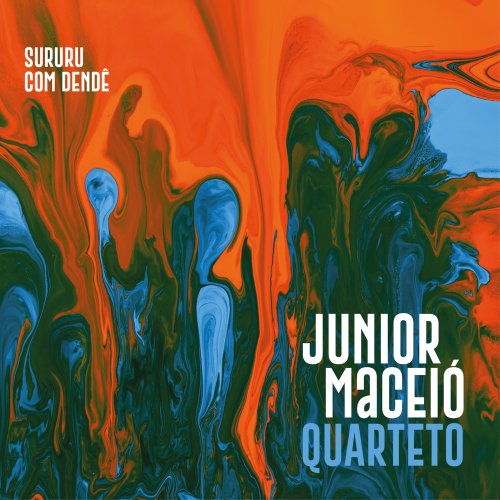Trio Cascades - George Onslow: Piano Trios, Vol. 2 (2009)
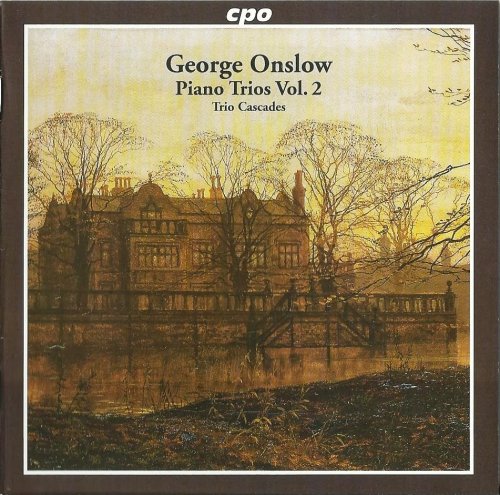
Artist: Trio Cascades
Title: George Onslow: Piano Trios, Vol. 2
Year Of Release: 2009
Label: CPO
Genre: Classical
Quality: FLAC (image+.cue,log,scans)
Total Time: 57:45
Total Size: 278 Mb
WebSite: Album Preview
Tracklist: Title: George Onslow: Piano Trios, Vol. 2
Year Of Release: 2009
Label: CPO
Genre: Classical
Quality: FLAC (image+.cue,log,scans)
Total Time: 57:45
Total Size: 278 Mb
WebSite: Album Preview
George Onslow (1784-1853)
01. Piano Trio op.83 - I. Allegro patetico [0:12:23.25]
02. Piano Trio op.83 - II. Adagio grandioso [0:09:09.46]
03. Piano Trio op.83 - III. Scherzo [0:03:59.32]
04. Piano Trio op.83 - IV. Finale [0:05:56.15]
05. Piano Trio op.3 no.2 - I. Allegro moderato [0:09:11.18]
06. Piano Trio op.3 no.2 - II. Andante non troppo lento [0:06:32.45]
07. Piano Trio op.3 no.2 - III. Minuetto [0:05:50.14]
08. Piano Trio op.3 no.2 - IV. Finale [0:04:45.69]
Performers:
Trio Cascades
This is the second volume of Onslow’s piano trios to appear with the same ensemble on this label. Volume 1 was reviewed by Alan Swanson in 31:4. Born in France into an aristocratic family—his mother was French, his father, English—George Onslow (1784–1853) studied composition with Anton Reicha and piano with J. B. Cramer and Dussek. In his lifetime, Onslow was highly regarded, admired by Beethoven and Schubert, and praised by Mendelssohn, Berlioz, and Schumann. His works were published, in demand, and played. Yet by the turn of the 20th-century, Onslow’s works had lost their showroom shine.
In a 30:2 review of the composer’s string quintets, I wrote, “If one had to place Onslow stylistically, it seems to me that he fits most comfortably into the mold of Spohr (1784–1859), with whom he was exactly contemporaneous, and Mendelssohn, but lacking the brilliant virtuosic exhibitionism and daring chromaticism of the former, and the sheer genius, spontaneity, and perfection of the latter. Listening to Onslow’s music, attractive as it is on the surface, one begins to sense a certain salon character about it that gives sentimental pleasure but doesn’t evoke strong emotional reactions.”
The two trios on this disc are separated by 45 years. The C-Major Trio is the third in a set of three that Onslow wrote in 1807–08, and is among his earliest published works. The F-Minor Trio of 1852–53 is believed to be the composer’s last work. The influences in the earlier trio are clearly Onslow’s teachers, Reicha and Cramer—the former in some of the unexpected chromatic turns and modulations, the latter in the keyboard figuration. It’s also likely that Onslow was acquainted with the early piano trios of Beethoven and the works of Czerny and Hummel, for stylistic elements of these composers also creep into Onslow’s score.
The later F-Minor Trio owes almost everything to Mendelssohn—the forward-pressing sense of dramatic urgency, the nonstop running scales, arpeggios, and cascades of 16th-notes in the piano part. It also reminded me of another composer living and working in France at this same time, and also a Mendelssohn knockoff, Louise Farrenc. But an essential ingredient that Onslow seemed to be lacking is one that Mendelssohn possessed in abundance, and that was the gift for melody. For all of its torrents of notes, not a single one of those lyrical, hummable melodies that pour like sweet nectar from Mendelssohn’s pen ever emerges from Onslow’s trio. The Scherzo is a too obvious attempt to mimic the gossamer gnomes of the parallel movement in Mendelssohn D-Minor Piano Trio, but Onslow’s leprechauns, elves, and sprites are overweight and earthbound. If, after it’s over, you were asked to sing back one memorable tune that swept you away in the moment, I doubt that you could.
Despite the above critique, it is good to have the recorded catalog expanded with unfamiliar Romantic chamber-music repertoire, especially when it is performed as magnificently as it is here. The Trio Cascades (Katrina Schulz, violin; Inka Ehlert, cello; and Thomas Palm, piano) is a Cologne-based ensemble founded in 1994. Swanson, in his review of Volume 1 in this series, mentions that between 2003 and 2004, the Trio Cascades recorded all 12 of Onslow’s piano trios. As of this writing, however, I find only Volume 1 and this Volume 2 release listed. As technically polished as any other piano-trio ensemble I know, the Trio Cascades brings a refreshing youthful vim and vigor to these works, and makes as persuasive a case for Onslow as is likely to be made.
Recommended as an addendum to the body of mainstream Romantic piano trios you most likely already have in your collections.
In a 30:2 review of the composer’s string quintets, I wrote, “If one had to place Onslow stylistically, it seems to me that he fits most comfortably into the mold of Spohr (1784–1859), with whom he was exactly contemporaneous, and Mendelssohn, but lacking the brilliant virtuosic exhibitionism and daring chromaticism of the former, and the sheer genius, spontaneity, and perfection of the latter. Listening to Onslow’s music, attractive as it is on the surface, one begins to sense a certain salon character about it that gives sentimental pleasure but doesn’t evoke strong emotional reactions.”
The two trios on this disc are separated by 45 years. The C-Major Trio is the third in a set of three that Onslow wrote in 1807–08, and is among his earliest published works. The F-Minor Trio of 1852–53 is believed to be the composer’s last work. The influences in the earlier trio are clearly Onslow’s teachers, Reicha and Cramer—the former in some of the unexpected chromatic turns and modulations, the latter in the keyboard figuration. It’s also likely that Onslow was acquainted with the early piano trios of Beethoven and the works of Czerny and Hummel, for stylistic elements of these composers also creep into Onslow’s score.
The later F-Minor Trio owes almost everything to Mendelssohn—the forward-pressing sense of dramatic urgency, the nonstop running scales, arpeggios, and cascades of 16th-notes in the piano part. It also reminded me of another composer living and working in France at this same time, and also a Mendelssohn knockoff, Louise Farrenc. But an essential ingredient that Onslow seemed to be lacking is one that Mendelssohn possessed in abundance, and that was the gift for melody. For all of its torrents of notes, not a single one of those lyrical, hummable melodies that pour like sweet nectar from Mendelssohn’s pen ever emerges from Onslow’s trio. The Scherzo is a too obvious attempt to mimic the gossamer gnomes of the parallel movement in Mendelssohn D-Minor Piano Trio, but Onslow’s leprechauns, elves, and sprites are overweight and earthbound. If, after it’s over, you were asked to sing back one memorable tune that swept you away in the moment, I doubt that you could.
Despite the above critique, it is good to have the recorded catalog expanded with unfamiliar Romantic chamber-music repertoire, especially when it is performed as magnificently as it is here. The Trio Cascades (Katrina Schulz, violin; Inka Ehlert, cello; and Thomas Palm, piano) is a Cologne-based ensemble founded in 1994. Swanson, in his review of Volume 1 in this series, mentions that between 2003 and 2004, the Trio Cascades recorded all 12 of Onslow’s piano trios. As of this writing, however, I find only Volume 1 and this Volume 2 release listed. As technically polished as any other piano-trio ensemble I know, the Trio Cascades brings a refreshing youthful vim and vigor to these works, and makes as persuasive a case for Onslow as is likely to be made.
Recommended as an addendum to the body of mainstream Romantic piano trios you most likely already have in your collections.
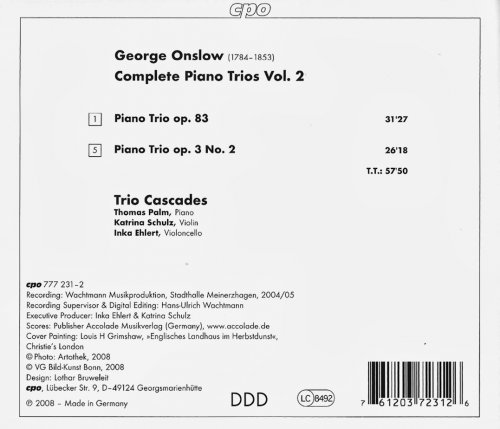
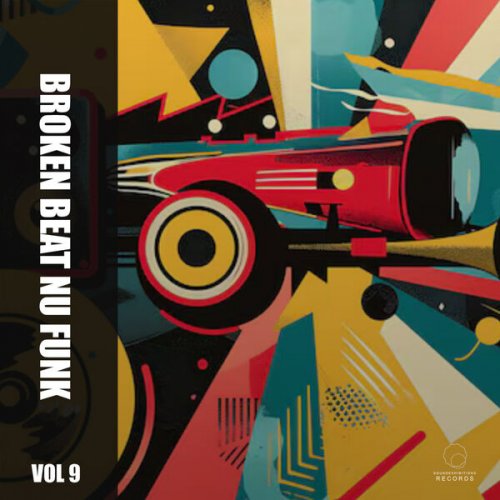
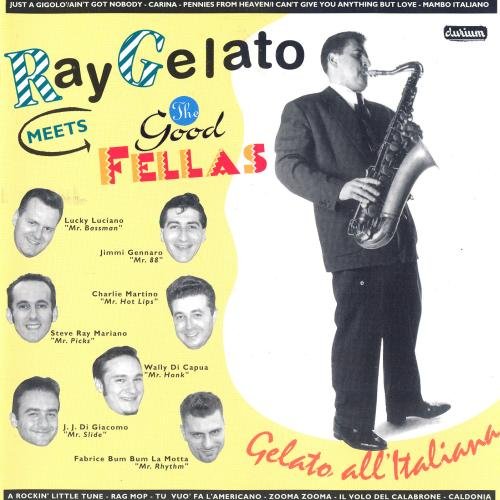
![Duval Timothy, CJ Mirra - My Father's Shadow (Original Motion Picture Soundtrack) (2026) [Hi-Res] Duval Timothy, CJ Mirra - My Father's Shadow (Original Motion Picture Soundtrack) (2026) [Hi-Res]](https://img.israbox.com/img/2026-02/08/80aewauty50xz1so2jl5bj7zq.jpg)
![Keyvan Chemirani - Tales of Nar (2026) [Hi-Res] Keyvan Chemirani - Tales of Nar (2026) [Hi-Res]](https://img.israbox.com/img/2026-02/05/2f0crjk19rw3dp7xd5h38ofxr.jpg)
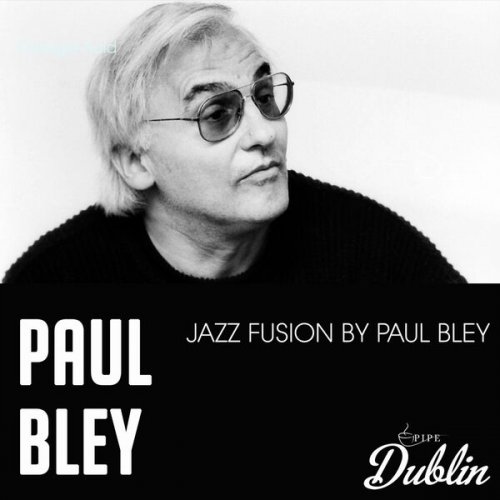
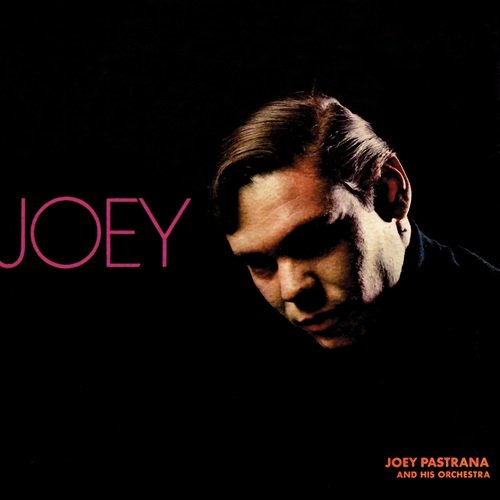
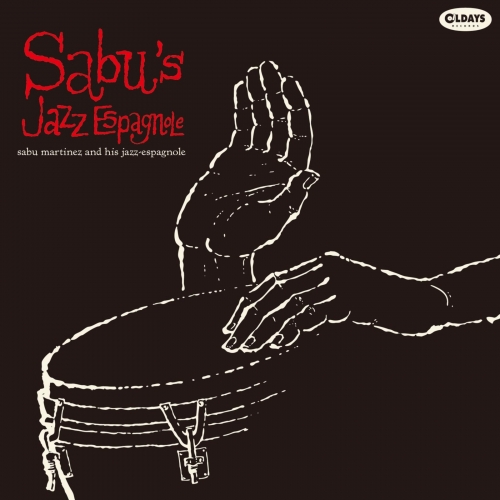
![Jamhunters - Smoothest Hits (20 smooth years) (2026) [Hi-Res] Jamhunters - Smoothest Hits (20 smooth years) (2026) [Hi-Res]](https://www.dibpic.com/uploads/posts/2026-02/1770353356_vo4tf6d4yjji2_600.jpg)
